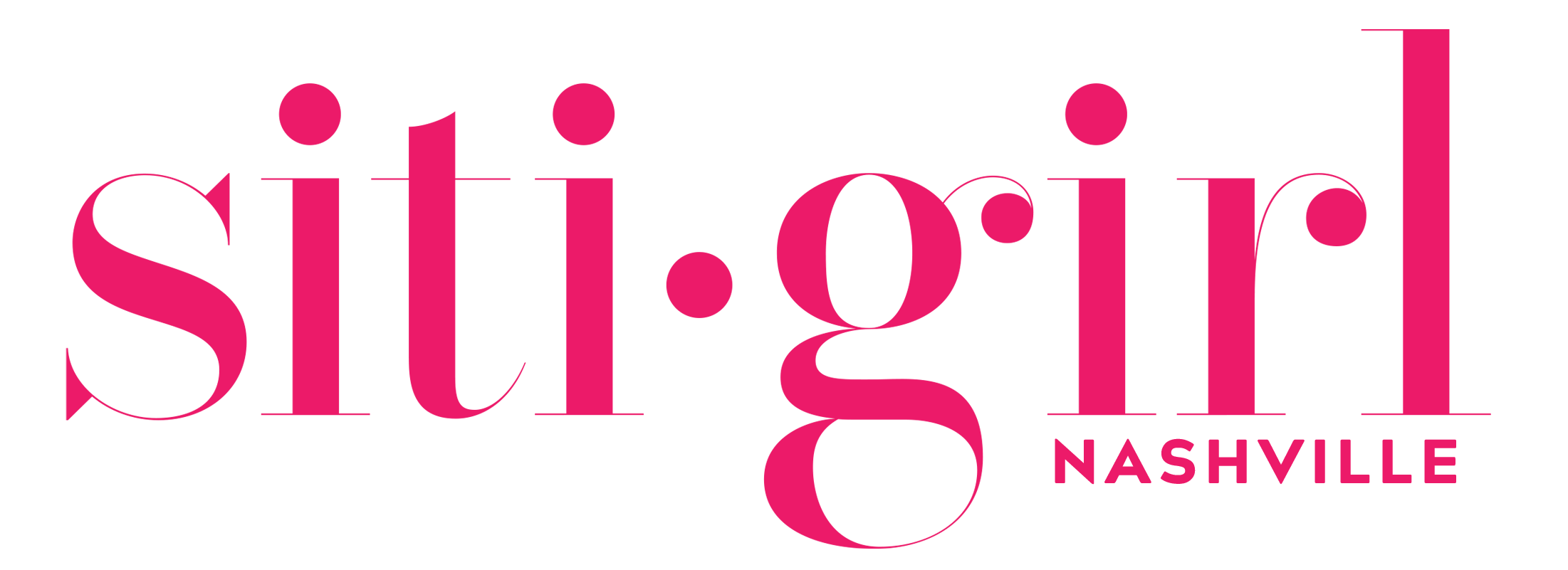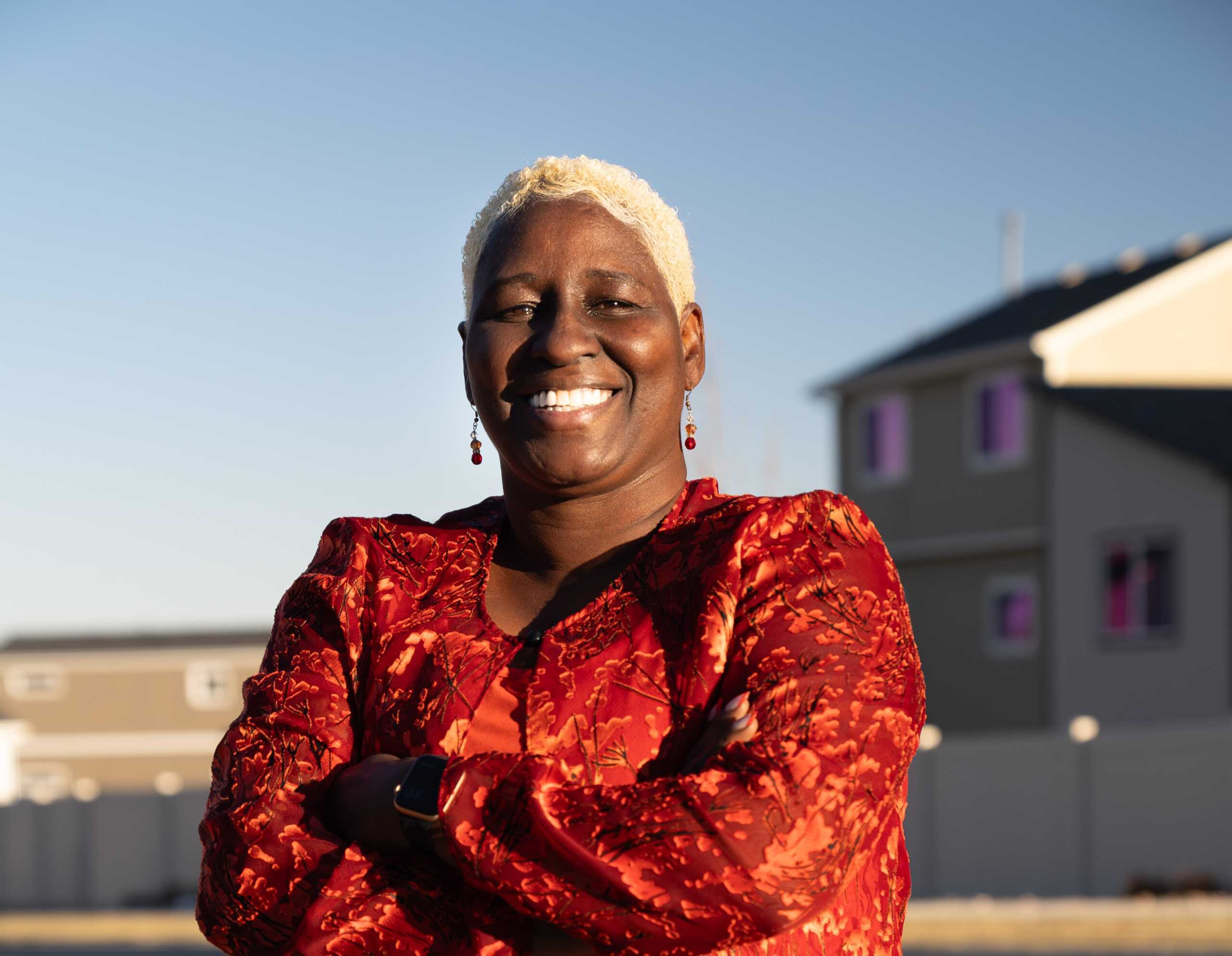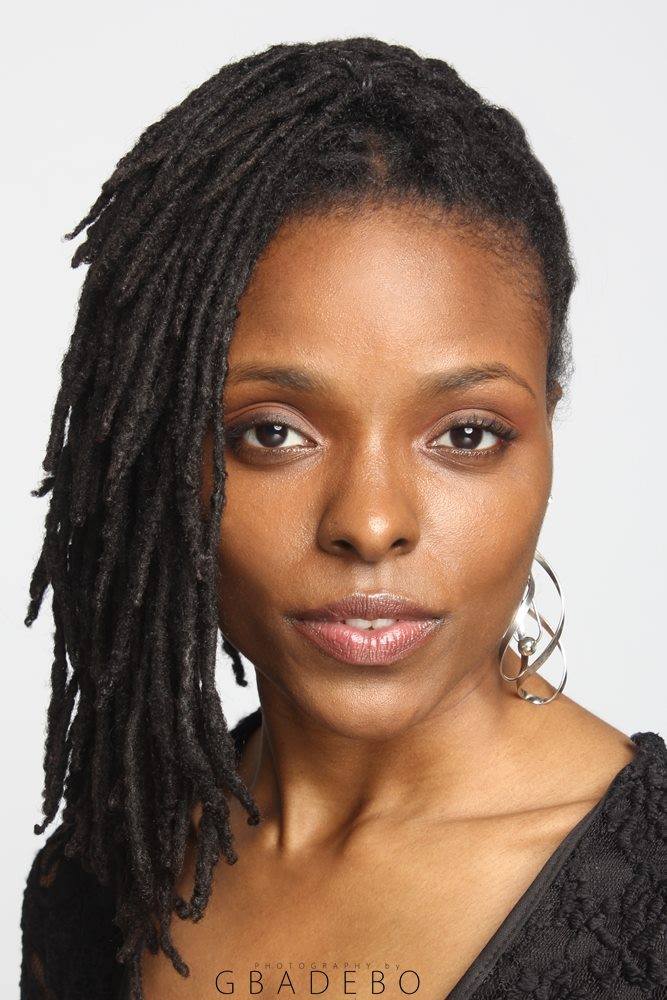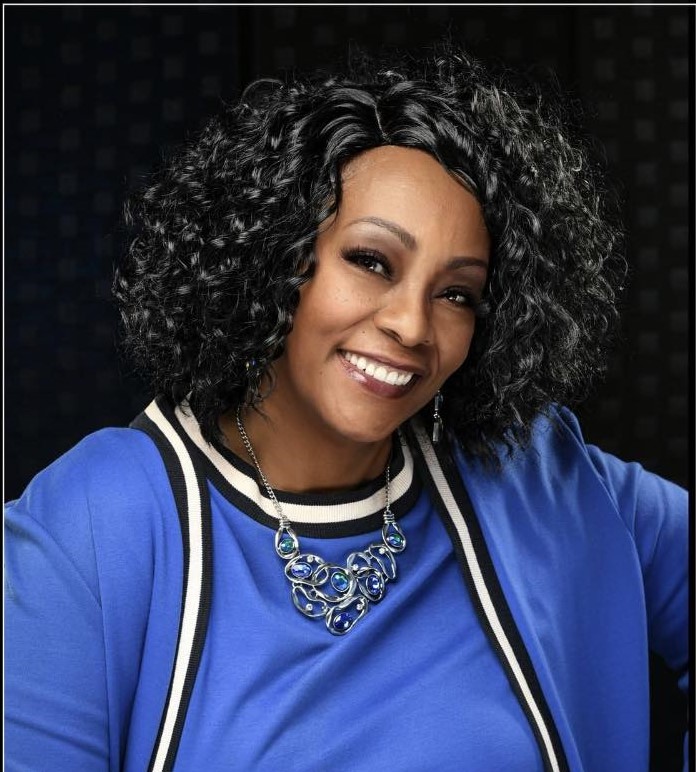Tonya Kent, the Visionary Leader Behind Infinite Hope and Restoration Ministries’ Second Chance Mothers Mentorship Program
In the heart of California, a beacon of hope emerged in April 2010 with the establishment of Infinite Hope and Restoration Ministries (IHRM). Led by the visionary Tonya, the Chief Executive Director, IHRM has been a guiding light for mothers seeking redemption and a second chance at life. This transformative journey expanded its reach to Colorado Springs in June 2021, reaffirming its commitment to empowering mothers exiting correctional institutions.
A Personal Journey of Redemption
Tonya, a mother and grandmother, intimately understands the struggles many of the women she assists face. Her own journey from a cycle of depression, suicidal thoughts, and unhealthy relationships to a transformed life fueled her commitment to help others break free from their own prisons. Tonya’s three degrees from Solano Community College and her forthcoming studies at the University of California at Davis reflect her dedication to academic excellence and lifelong learning.
A Divine Calling: Ministry to Mothers
In addition to being a Pastoral Care Counselor and Author, Tonya felt a divine call to minister to mothers. Stepping onto the grounds of correctional facilities in California and Colorado, she knew she was where she belonged. Her passion to reunite mothers with their children and liberate them from mental and emotional turmoil aligns with the core mission of IHRM.
Empowering Through Education and Faith
As Tonya reflects on her journey, she acknowledges how God prepared her spiritually, emotionally, and mentally to reach out and help others obtain their second chance. Her three degrees, coupled with her role as a mentor and counselor, exemplify her commitment to empowering mothers through education and faith.
Interview with Tonya: Unveiling the Heart of IHRM
Q1: What inspired you to start Infinite Hope and Restoration Ministries, and what is the mission and vision that drives your work?
Tonya shared that her personal journey was the inspiration behind IHRM. Overcoming depression, suicidal thoughts, and unhealthy relationships, she felt a profound calling to create a platform for support and empowerment for women facing similar challenges. The mission of IHRM is to provide transitional housing and reentry support to mothers with young children exiting correctional institutions. The vision is rooted in family reunification, breaking the cycle of recidivism, and helping mothers discover their God-given purpose.
Q2: What key values do you believe are essential for the success of the organization, and how do you ensure these values are embedded in the organizational culture?
Tonya emphasized compassion, empowerment, faith, and family reunification as key values. These values are embedded in the organizational culture through training, workshops, and team-building activities. The organization actively encourages its team to embody these values in their interactions with each other, incarcerated mothers, and the broader community.
Q3: What specific goals or milestones did you set when establishing the organization, and how have those evolved over time?
Initially focusing on mobile ministry and one-on-one mentorship, the organization evolved to the establishment of an 11-week mentorship program within correctional facilities. The future involves community events in 2024, fostering a sense of community among the women served.
Q4: How do you go about building and sustaining partnerships with other organizations, donors, and stakeholders?
Tonya outlined a strategic approach, including identifying potential partners, establishing genuine relationships, and actively participating in community events. Transparency and communication are key, and the organization actively seeks to highlight the impact of its programs to potential partners.
Q5: What are the most significant challenges facing your non-profit, and how do you navigate these challenges?
The lack of stable housing for families post-incarceration is a significant challenge. IHRM addresses this by seeking solutions, exploring partnerships, and actively engaging with the community to raise awareness.
Q6: As the founder, how do you ensure the organization stays true to its original mission while adapting to changing circumstances and needs?
Tonya emphasized adaptability, continuous learning, and community involvement as essential strategies. Regular reassessments, engagement with stakeholders, and a flexible approach to program design contribute to staying true to the mission.
Q7: Can you discuss a particular accomplishment or success story that you’re particularly proud of in the history of the organization?
Tonya highlighted the successful launch of the Second Chance Mothers Mentorship Program, with eight mothers graduating in November 2023. Notably, two graduates have transitioned into peer mentor roles, showcasing the transformative power of the program.
Q8: How do you approach decision-making within the organization, especially when faced with tough choices or conflicting priorities?
Tonya emphasized a collaborative approach, transparency, and adherence to organizational values. Open communication, active participation from team members, and a thorough analysis of potential impacts guide decision-making.
Q9: What strategies do you employ to inspire and motivate your team and volunteers to be passionate and dedicated to the organization’s mission?
Recognition of individual contributions, acknowledgment of the collective impact, and providing a supportive environment are central to motivating the team. Tonya values the passion and dedication driven by a shared belief in the transformative power of their work.
Q10: How do you see the role of innovation within the non-profit sector, and how does your organization embrace or foster innovation in its programs and services?
Tonya views innovation as crucial for addressing challenges creatively. Collaboration with other nonprofits, seeking feedback, fostering a creative mindset within the team, and experimenting with new approaches are ways IHRM embraces innovation.
Q11: What steps do you take to ensure financial sustainability for the organization, and how do you balance financial constraints with the mission’s goals?
Diversifying funding sources, budgeting, and community engagement are integral to financial sustainability. The grassroots approach prioritizes meaningful relationships with supporters, and adaptability is key in the early stages of financial management.
Q12: How do you measure the impact of your organization’s programs? Can you share examples of successful outcomes or changes you’ve observed in the community you serve?
Measuring impact involves a multifaceted approach, including program graduation as a tangible indicator. Tonya shared the success story of the first cohort, with eight mothers graduating and two transitioning into peer mentor roles.
Q13: As a leader, how do you handle conflict within the organization, whether among team members, board members, or other stakeholders?
A proactive and open culture, clear communication, and a focus on resolution characterize Tonya’s approach to handling conflicts. Establishing clear policies for conflict resolution and seeking external expertise when needed contribute to a systematic and fair resolution process.
Q14: Non-profit leaders often wear many hats. How do you manage your time and priorities effectively, especially when faced with competing demands on your attention and resources?
Tonya’s time management revolves around prioritizing spiritual well-being, focusing on the mission, flexibility, and effective delegation. Embracing these principles allows her to navigate the complexities of non-profit leadership with purpose and effectiveness.
Q15: Looking forward, what is your vision for the future of the organization, and what strategic initiatives are you considering to achieve that vision?
Tonya envisions expanding impact through housing initiatives, program growth, community engagement, sustainability efforts, and technological integration. The organization’s focus on family reunification and breaking the cycle of recidivism remains central to its strategic initiatives.
In the twilight of the interview, Tonya radiated a sense of purpose and dedication to the transformative work of IHRM. Her vision for the future, rooted in faith, compassion, and empowerment, echoes the organization’s commitment to providing second chances and building a community where every mother can thrive. As the sun sets on this visionary journey, the story of Second Chance Mothers and Infinite Hope and Restoration Ministries continues to unfold, inspiring us all to believe in the power of redemption and the limitless possibilities of a second chance.
Ways donors can donate
Infinite Hope and Restoration Ministries ‘Second Chance Mentorship’ program (IHRM)
Make a check out IHRM
Mail it to 30655 E. Fountain PO Box 16863 Colorado Springs, CO 80935
Venmo @TonyaKent-1
CashApp $TonyaKent
Zelle (707) 712-7082





Leave a Comment